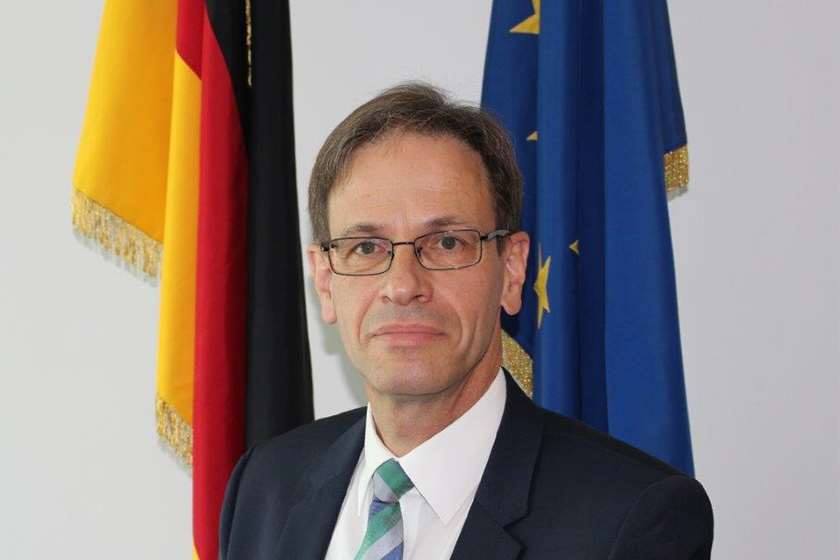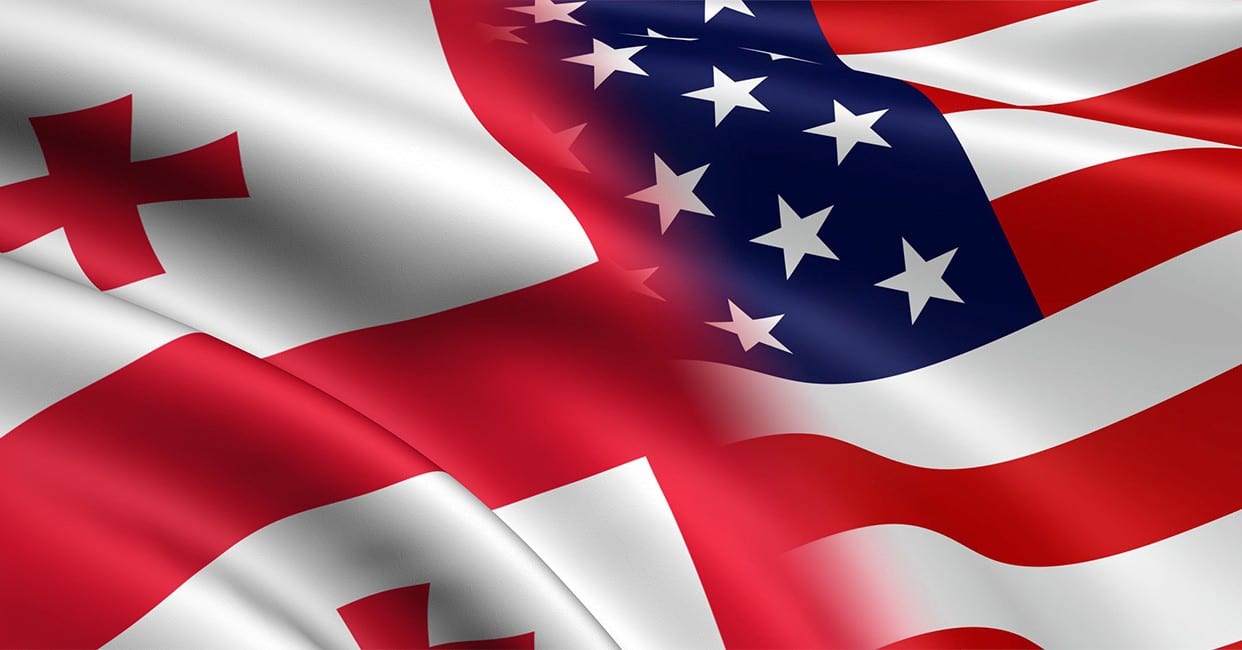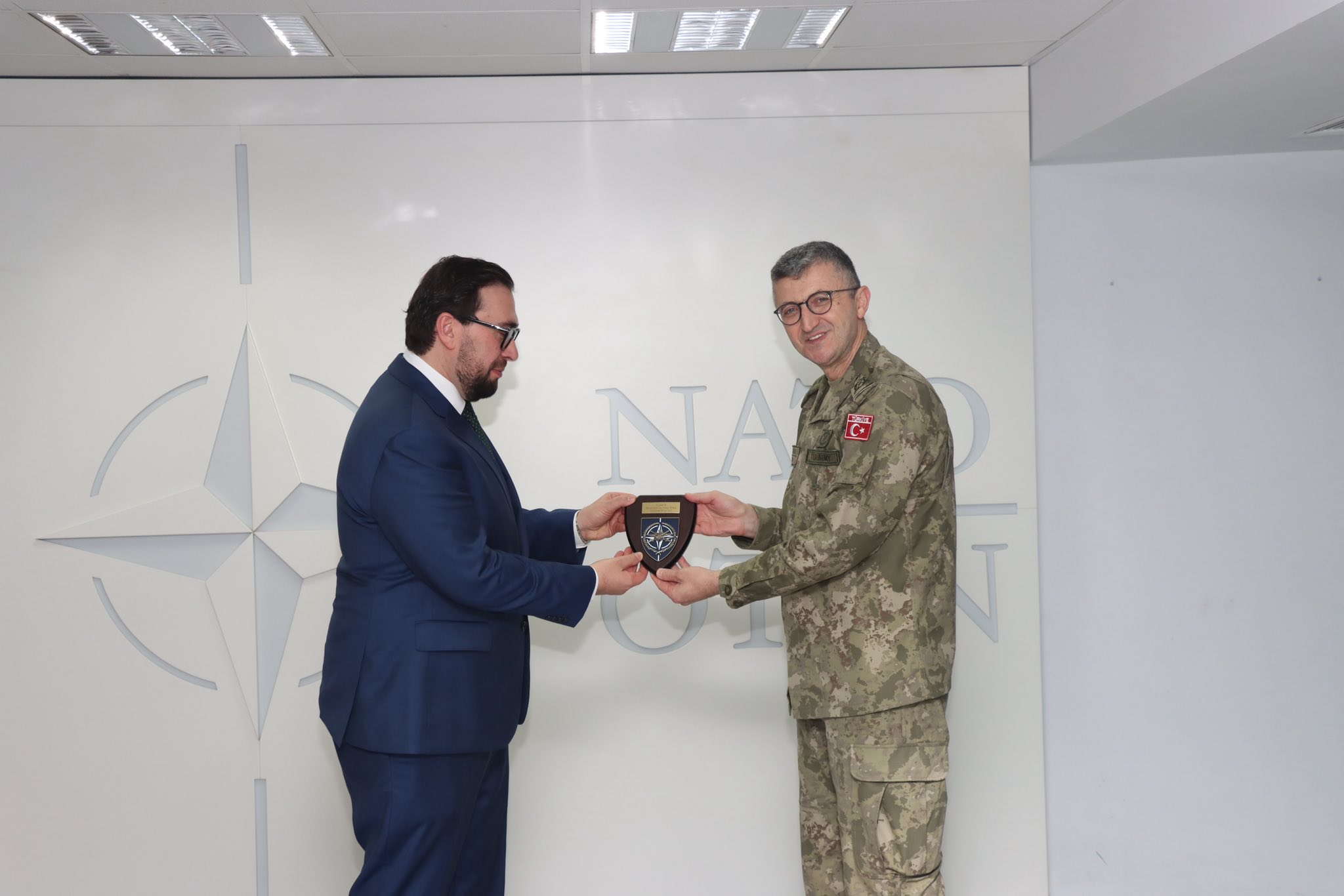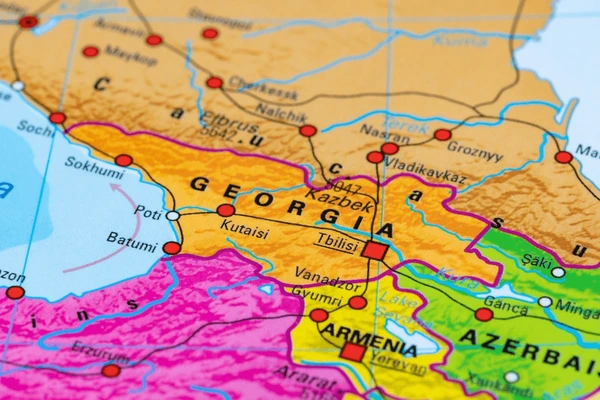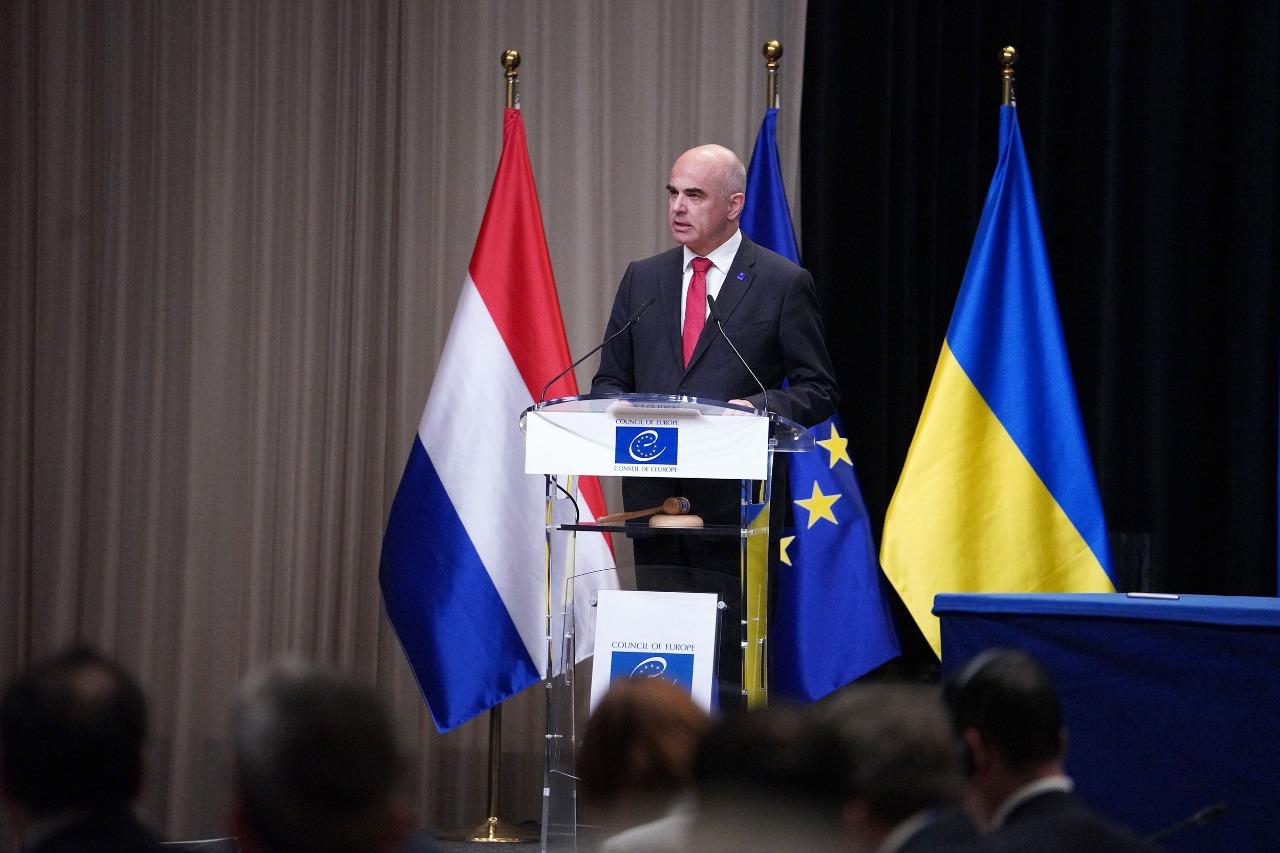„Georgia has the potential to build a stable democracy and a market economy that works for all of its society. This is why there is no other country that sees an equal measure of Western presence and Western assistance“, - German Ambassador to Georgia said in an interview with ‘Europetime’. Hubert Knirsch spoke to ‘Europetime’ about relations between Germany and Georgia, the prospects of Georgia's accession to the European Union, and Germany's alliance on the path to Euro-Atlantic integration for Georgia.
_Mr. Ambassador, thank you for the interview. First of all, how do you assess the Georgian-German relations? We are also interested in your assessment of the existing Association Agreement between Georgia and the EU, which includes the possibility of establishing free trade relations. To what extent has the country been able to adopt and use this resource?
Georgia and Germany have many things that bind them together - as one example, I want to mention the tradition of Georgian students and scholars going to Germany, which continues very strongly in the present era and which is increasingly being reciprocated by Germans coming to Georgia. Our economic relations are already very good, and we focus on how to use their broad potential. The Association Agreement gives us a good framework for that, but it is for German and Georgian entrepreneurs and managers to identify opportunities and to set up concrete business projects. I see that Georgia is making progress in diversifying its exports. German cooperation helps to improve vocational education in Georgia, which I believe is necessary to boost economic opportunities in the country.
_By 2024, Georgia plans to apply for EU membership. Do you think that the problems caused by the pandemic and the economic crisis could hinder the issue of EU enlargement?
It is always good to have one´s eyes on the future, even in an acute crisis situation. To me, the immediate future will be filled with the work of bringing Georgia closer to the EU, in a practical and concrete way. This means approximating legislation, setting up administrative capacity that can apply rules and standards which are close to the European ones and also, not to forget, to increase trade, improve economic activity, raise the standard of living and social cohesion. All these things are necessary to bring Georgia forward on the European path.
_In an interview with ‘Europetime’, the former commander of the US ground forces, Lieutenant General Ben Hodjes said that Germany should be the largest US ally, and that Germany's support for Georgia on the path to Euro-Atlantic integration is also important. What can you tell us in this respect?
I was happy to meet General Hodges here in Tbilisi a while ago. This is a man who speaks out strongly in favor of Euro-Atlantic partnership, a friend of both Georgia and Germany. The cooperation with Georgia that he advocates is actually very strong, and a large number of NATO countries make active contributions to it. To a great extent, this takes place in the framework of the “Substantial NATO-Georgia Package”, in which Germany has a leading role.
_If we look at the current processes in the region, as well as the domestic political processes, do you think that West should be more present in the region and should have a clearer position on a number of issues, particularly regarding Russia?
It is an important foreign policy goal of Western countries to see a good development in all of Eastern Europe. The countries that have already joined NATO and the EU are examples of what is possible. And Georgia has the potential to build a stable democracy and a market economy that works for all of its society. This is why there is no other country that sees an equal measure of Western presence and Western assistance.


